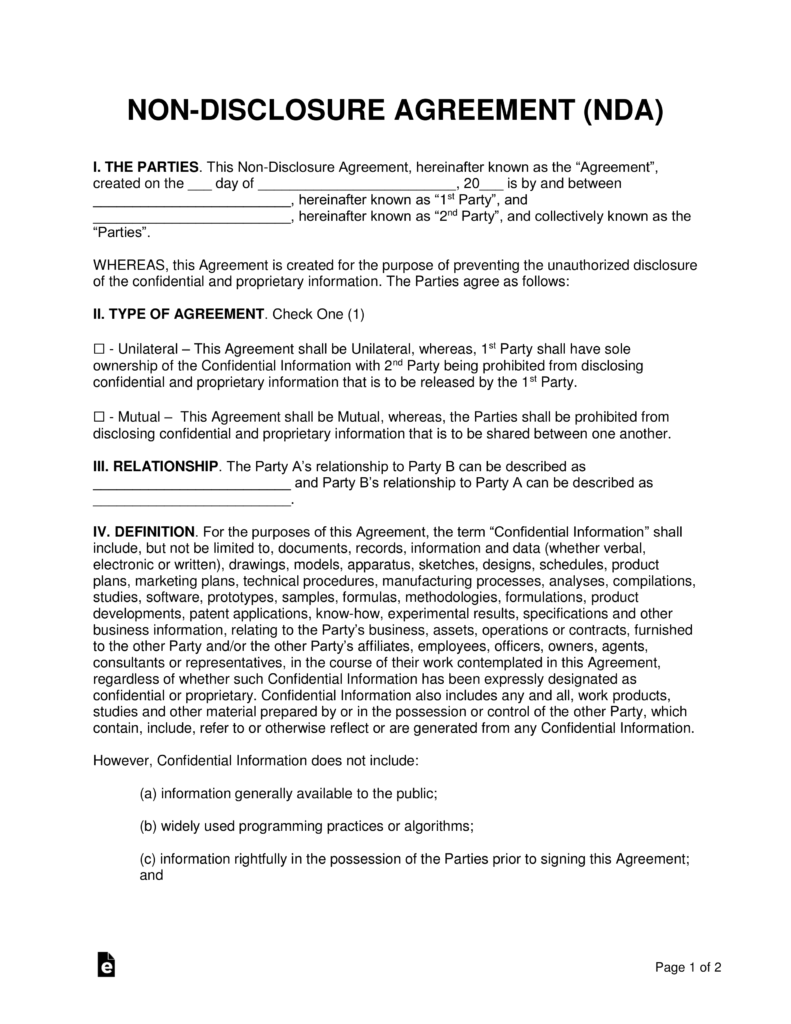Section 8 Notice
Section 8 notices are especially useful when you want to terminate a tenancy agreement before the end of a fixed term tenancy

Create a Document in 3 Easy Steps
1. Get Started
Choose Your Form or
Location to Begin
2. Answer Questions
Complete Your Document in Minutes
3. Download Document
Download and Print you PDF
It is recommended that all landlords postpone or cancel all evictions during the Covid-19 pandemic in accordance with Government Guidance.
Any eviction proceedings are done at the landlord’s own individual risk and discretion.
For use in England and Wales only.
If you would like to use a Section 8 notice to gain repossession of your property from respective tenants, it is imperative that you follow the appropriate rules and procedures.
Section 8 notices are especially useful when your property has been rented on an Assured Shorthold Tenancy (AST), as this ensures landlords have the right grounds to repossess the property.
When should you use a Section 8 notice?
- When the property is rented on an AST;
- When the tenant has been late with or failed to provide the rent;
- When the property is damaged by the tenant;
- When the landlord wishes to repossess the property for a reason listed in Schedule 2 of the Housing Act 1988.
What is included in a Section 8 notice?
A Section 8 notice includes:
- The necessary information a landlord is required to give a tenant before they can issue court proceedings to repossess the property.
- A list of why the landlord wishes to repossess the property as established in Schedule 2 of the Housing Act 1988. These reasons are called ‘Grounds’.
What is a Section 8 notice?
A Section 8 notice is a notice served on the tenant which details in the landlord’s intention to seek repossession of a rented property on one or more of the grounds established in Section 8 and Schedule 2 of the Housing Act 1988.
These grounds include, but are not limited to, renter arrears, illegal activity by the tenant, damage done to the property and irregular or inconsistent rent payments.
How do I know if I need a Section 8 notice?
You will need a Section 8 notice if you wish to repossess your property during either the first six months of an Assured Shorthold Tenancy or before the expiry of a fixed term of arental agreement.
(The Fixed Term is the period the landlord has contracted the rental agreement for).
You will also need a Section 8 notice if the tenant has failed to provide the rent or has damaged items of the property.
You should speak to a professional for advice if you want to repossess the property for any reason other than the ones stated above.
During a fixed period, this notice must be presented before the landlord is permitted to apply to the court.
Due to the Coronavirus Act 2020, all Section 8 notices presented between the 26 March until the 30 September, have to have been given alongside at least three months notice.
How does the Coronavirus Act 2020 affect me?
The Coronavirus Act 2020 has affected the required notice period of Section 8 notices. From 26 March until 30 September the notice period of Section 8 notices has to be at least three months and could be potentially extended by the Government.
If tenants do not leave the property by the Eviction date, then the landlord is allowed to appeal to the court for a possession order.
This Court order is required, as, without it, you cannot legally force the tenants to leave.
From the 27 March until 25 June, all eviction proceedings are to be postponed for 90 days. Any Landlords that continue to eviction tenants during this period are only to do so with reasonable justification.
Am I included in the suspension of possession claims?
All tenants and licensees protected under the Eviction Act 1977 will too be safeguarded by the Coronavirus Act 2020.
This includes all of those living social housing and residential properties but does not include lodgers, temporary holiday renters and asylum-seeking accommodations.
What happens if I issued an eviction notice before the Coronavirus Act 2020 was put in place?
Eviction notices provided before that of the 27 March will not be impacted by the three-month notice requirement but will be subject to the 90-day postponement.
All court proceedings provided after the 27 March can not be started or continued until the 25 June.
Landlords must be considerate of their tenants’ situations during this time.
Under what Grounds can I serve my tenants with a Section 8 eviction notice?
There are 17 Grounds one can use when wishing to seek repossession of a property via a Section 8 notice – the Court will only grant possession under these circumstances.
Some of these include:
Ground 8 is non-payment of rent. This is mandatory in that if it is provided properly, the court is required to make the possession order within two weeks without requiring the landlord to justify the eviction of the tenant. When using Ground 8 however, there must be a specific amount of rent outstanding at the time of filing; there should be:
- at least eight weeks of arrears, for rent paid weekly or biweekly
- at least two months of arrears, for rent paid monthly
- more than three months in arrears, for rent paid quarterly
- more than three months in arrears, for rent paid yearly
Ground 10 is applicable when the section 8 notice has been served, and rent has remained unpaid even during the start of the repossession proceedings
Ground 11 is applicable if the tenant has been continuously late with the payment of rates, regardless of if the tenant is actually in arrears.
Ground 13 is applicable when the tenant has damaged property, including any damage done to common areas of the building the tenant has access to. This also includes any damage done by someone deemed to be living with the tenant (a sub-tenant)
Landlords can choose any of the grounds mentioned when serving a Section 8 Notice. If one is unsure of which one is relevant for your individual circumstance, you should seek legal advice.
What do I have to do before serving Section 8 notices on Ground 8?
You must ensure that before you have served the Section 8 notice, the tenant is in arrears the relevant amount of rent provided on the date of your court possession.
How should this notice be served to the tenants?
The notice should be handed in person or sent to the tenants. The notice must include the names of all tenants on the agreement, as a notice addressed to only one of the joint tenants would be invalid. When there are joint landlords, though, the notice can either be served by one landlord or all landlords.
When am I allowed to start court proceedings for possession?
You are allowed to start court proceedings after the appropriate amount of notice period has expired since the notice itself was given to the tenant(s). This will also be dependent on the specific Ground(s) being used.
The limit for landlords to start court proceedings is within 12 months of the notice.
If within the 12 months tenants are still in arrears, the landlord is permitted to appeal to Court by completing the relevant Court forms.
Again, note that from the 27 March until 25 June, all eviction proceedings are to be postponed for 90 days. Any Landlords that continue to eviction tenants during this period are only to do so with reasonable justification.
Can someone serve the Section 8 notice on my behalf?
The Section 8 notice can be served by an agent.
Landlords are allowed to choose who will be serving the notice on your behalf.
This notice is governed by the law of England and the law of Wales.
Other names for Section 8 notices
Eviction notices or Notices to quit.

